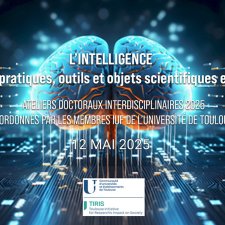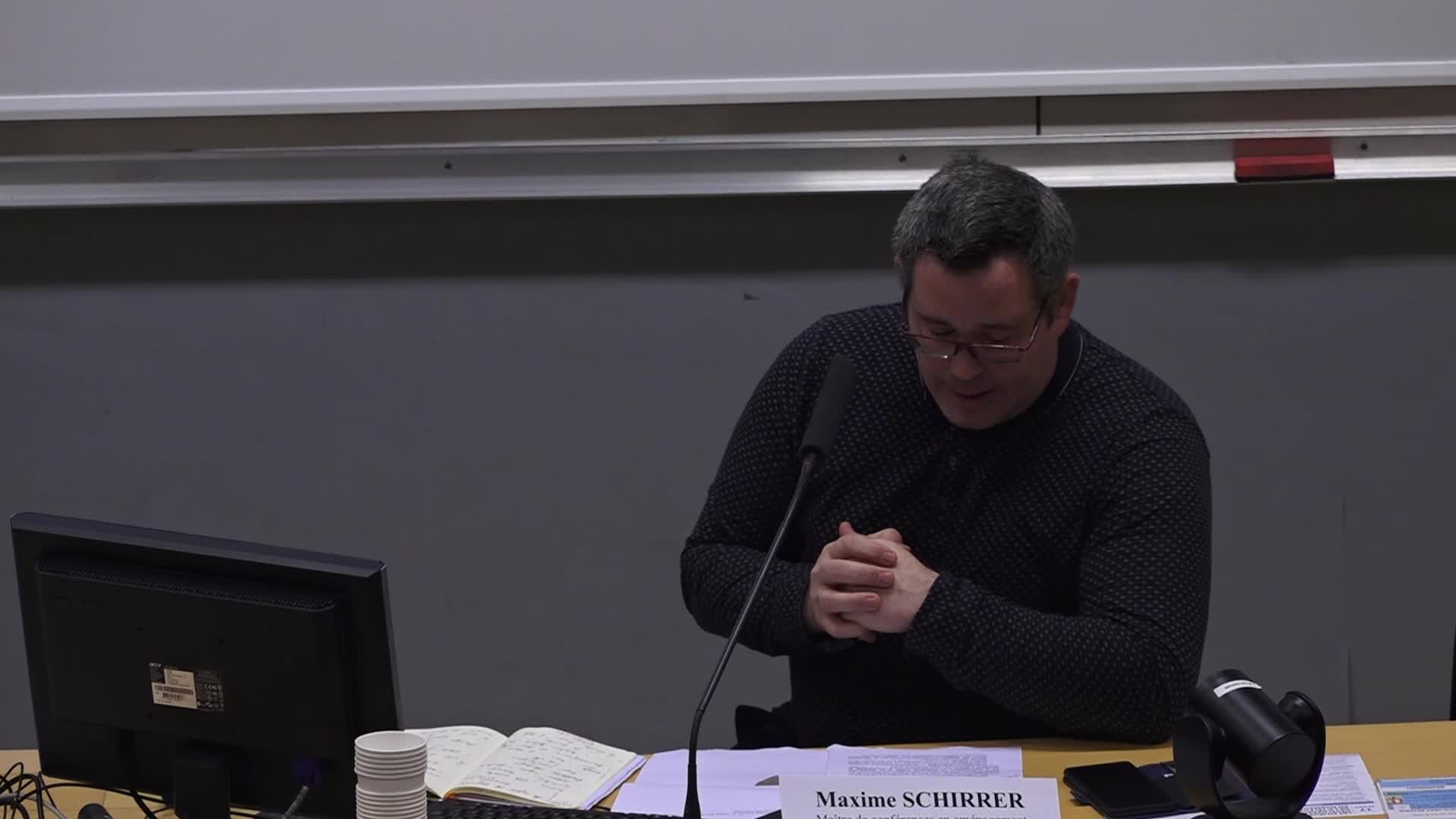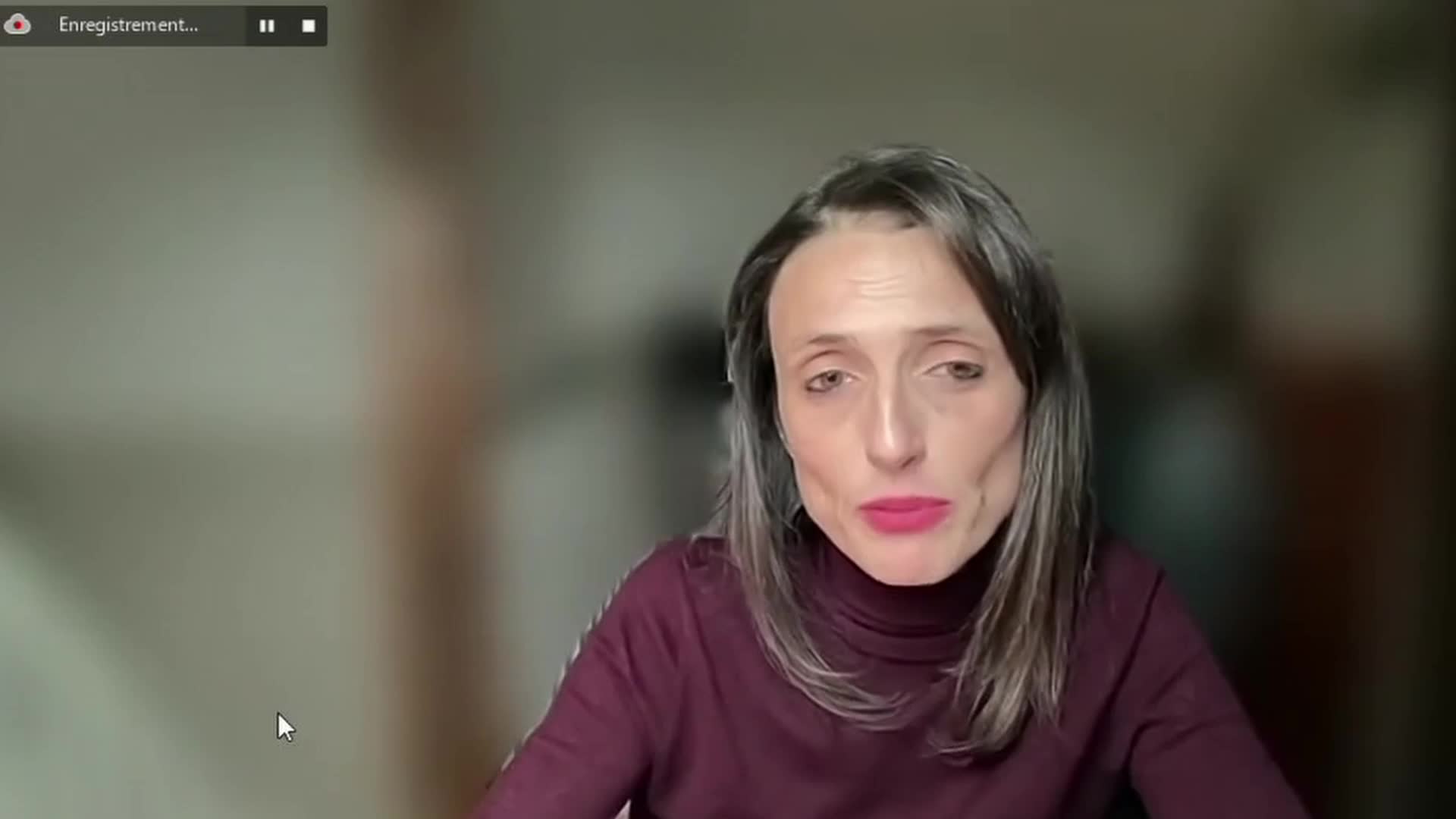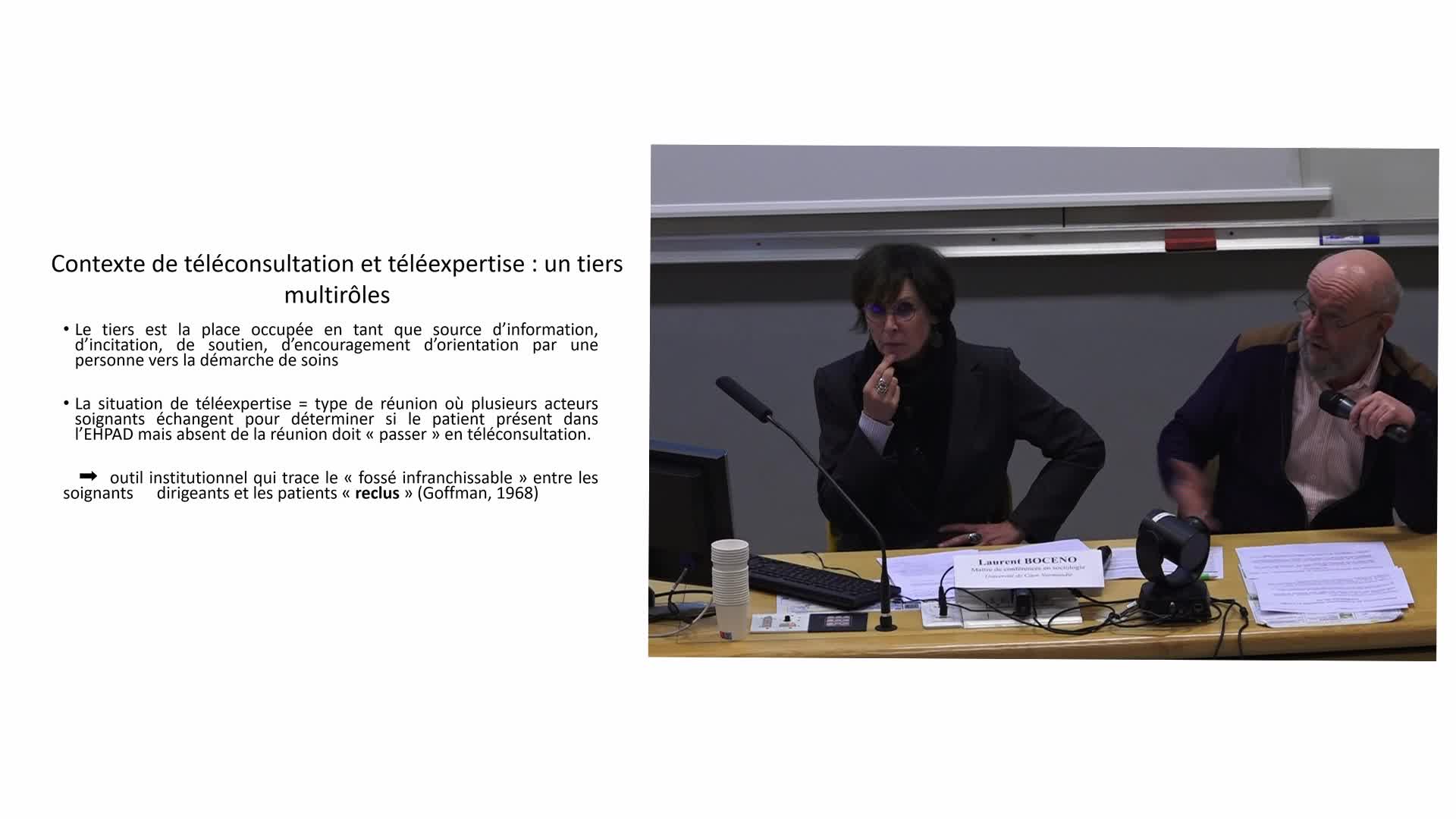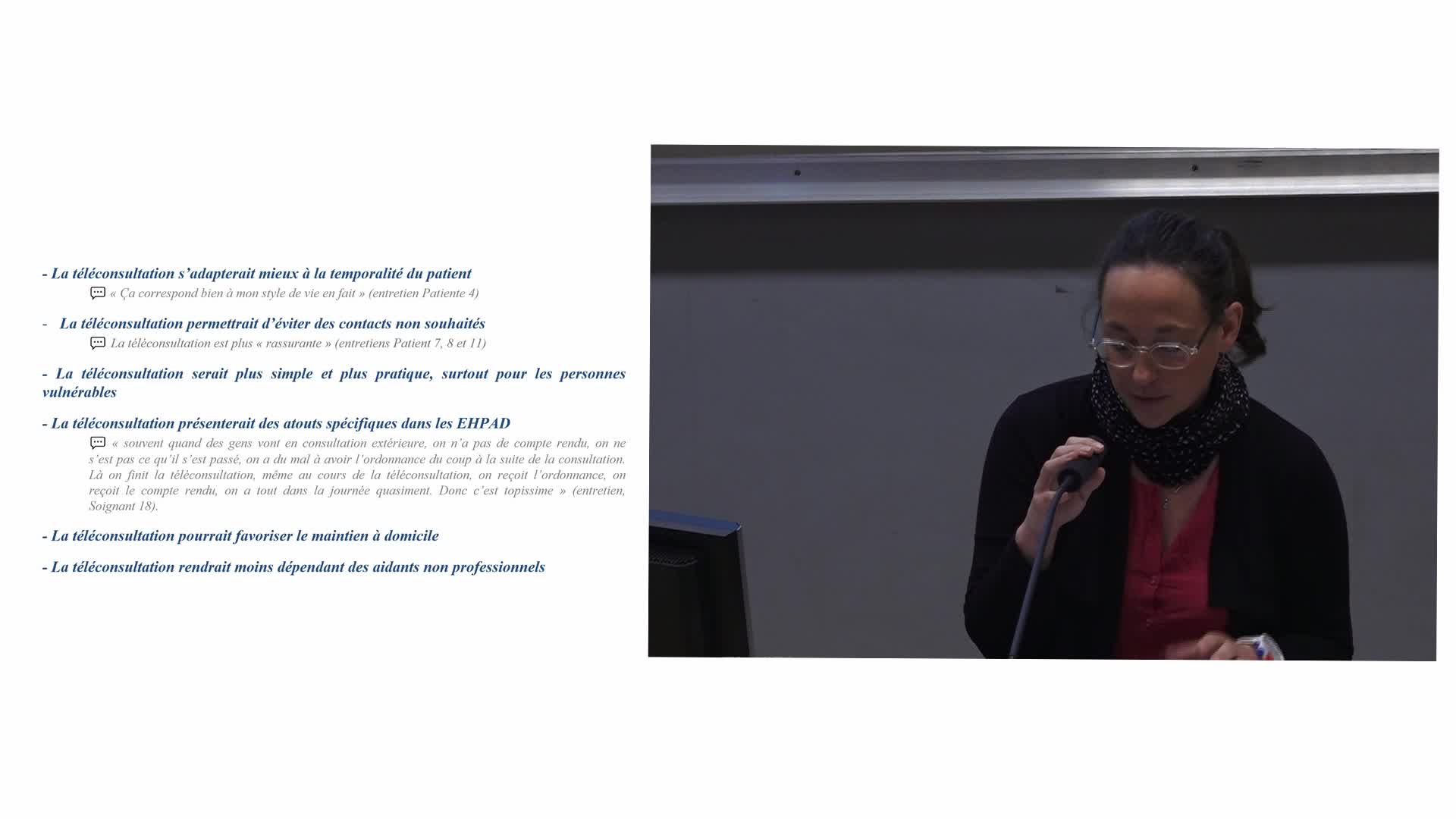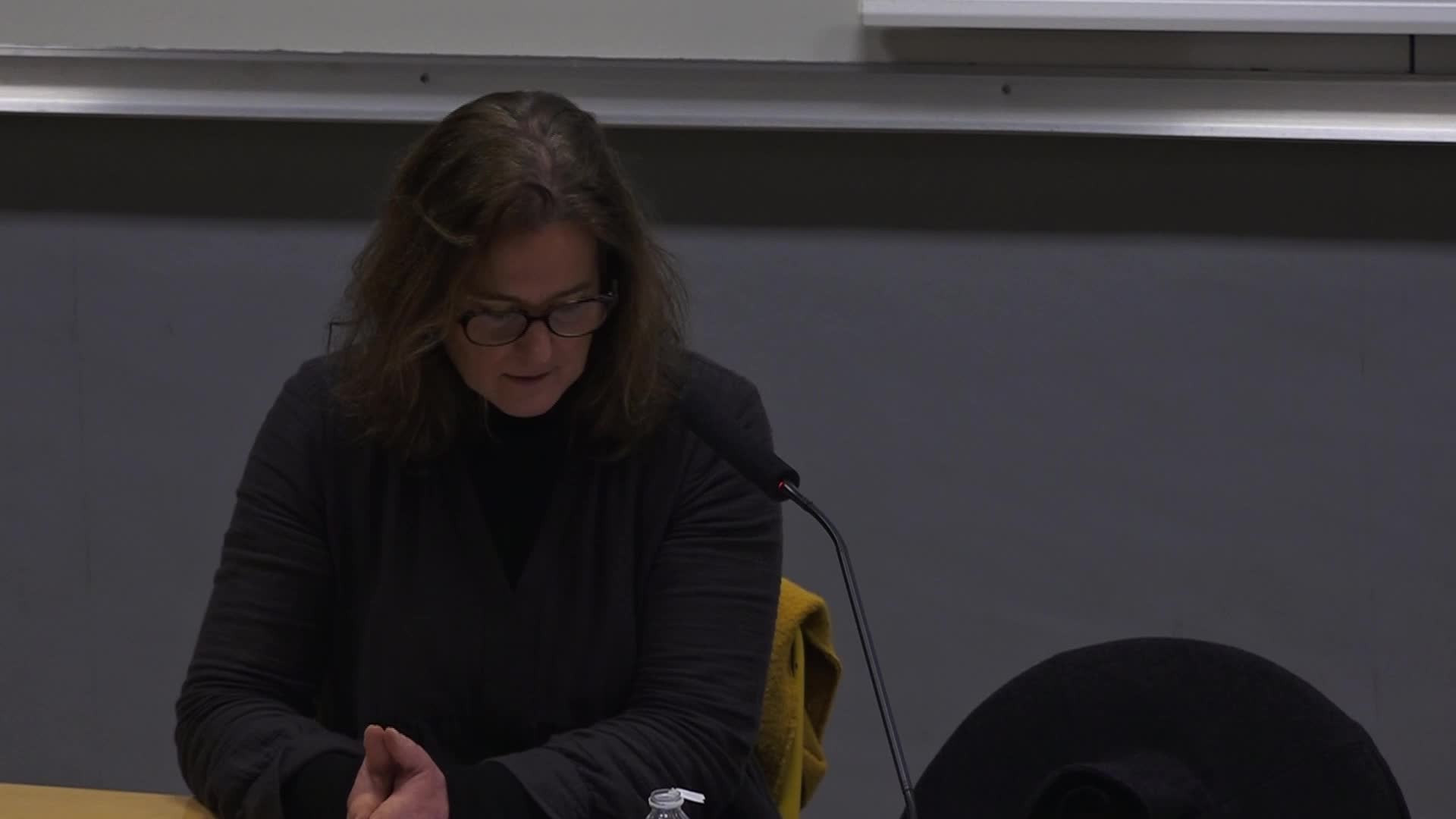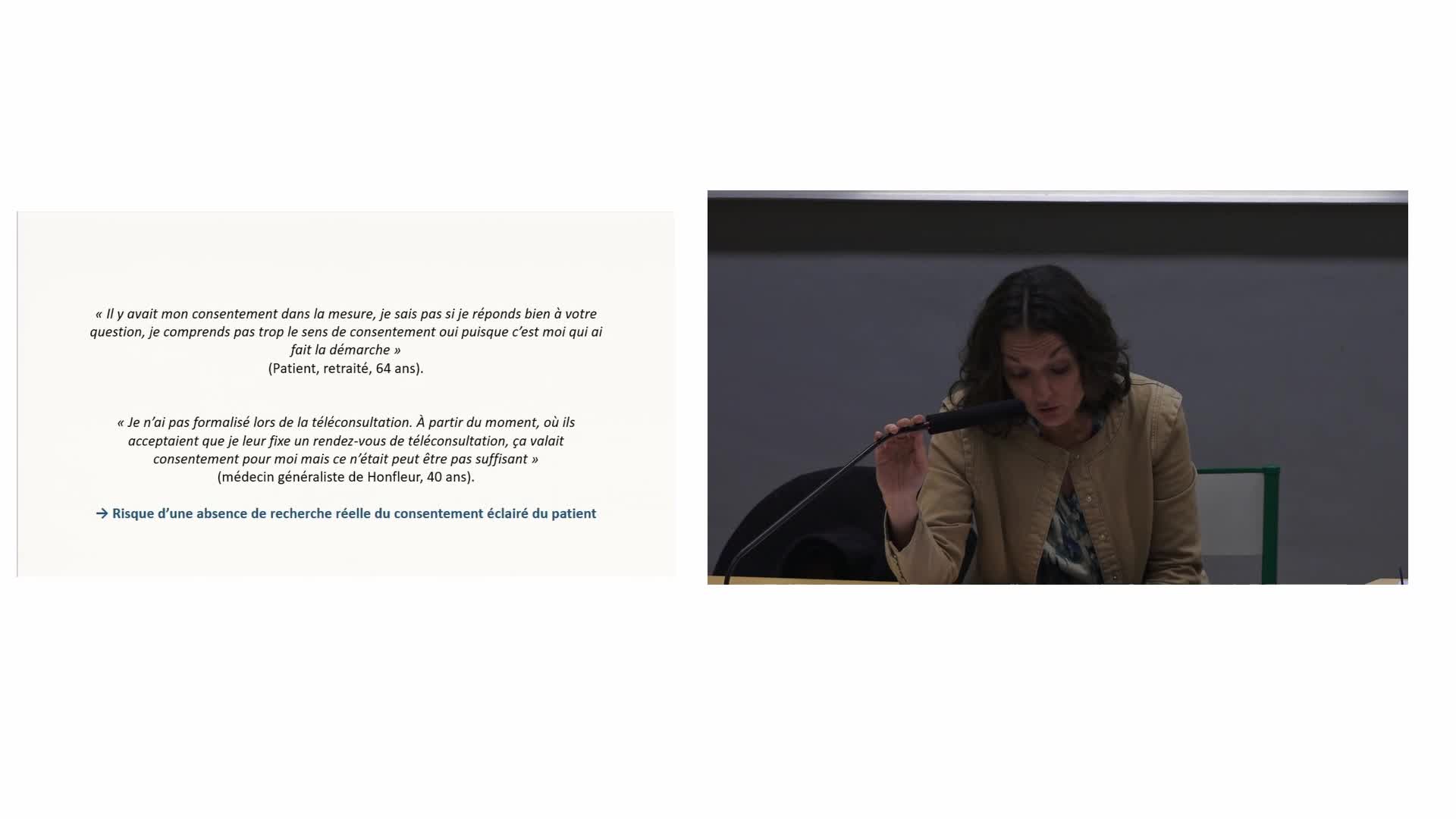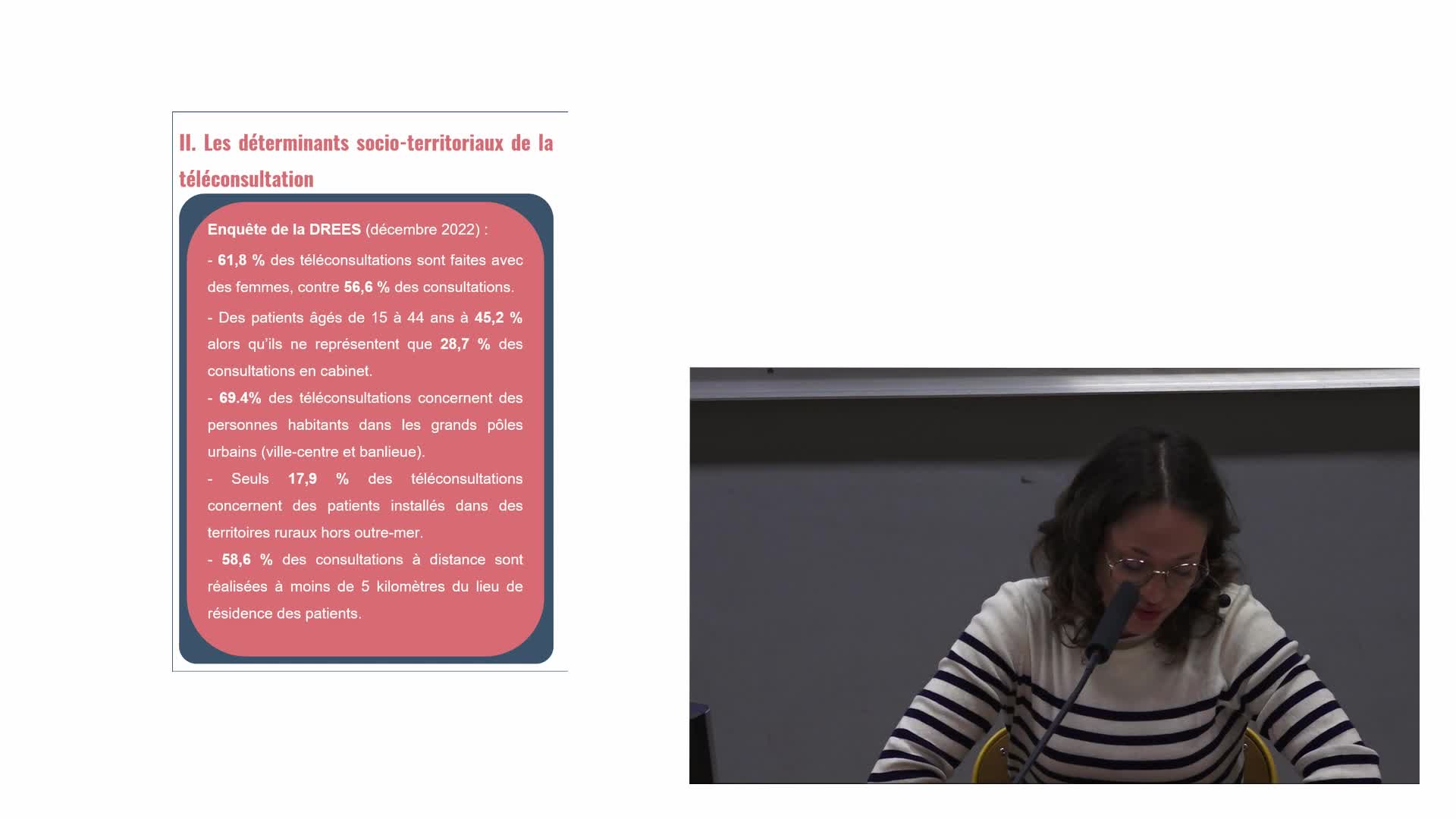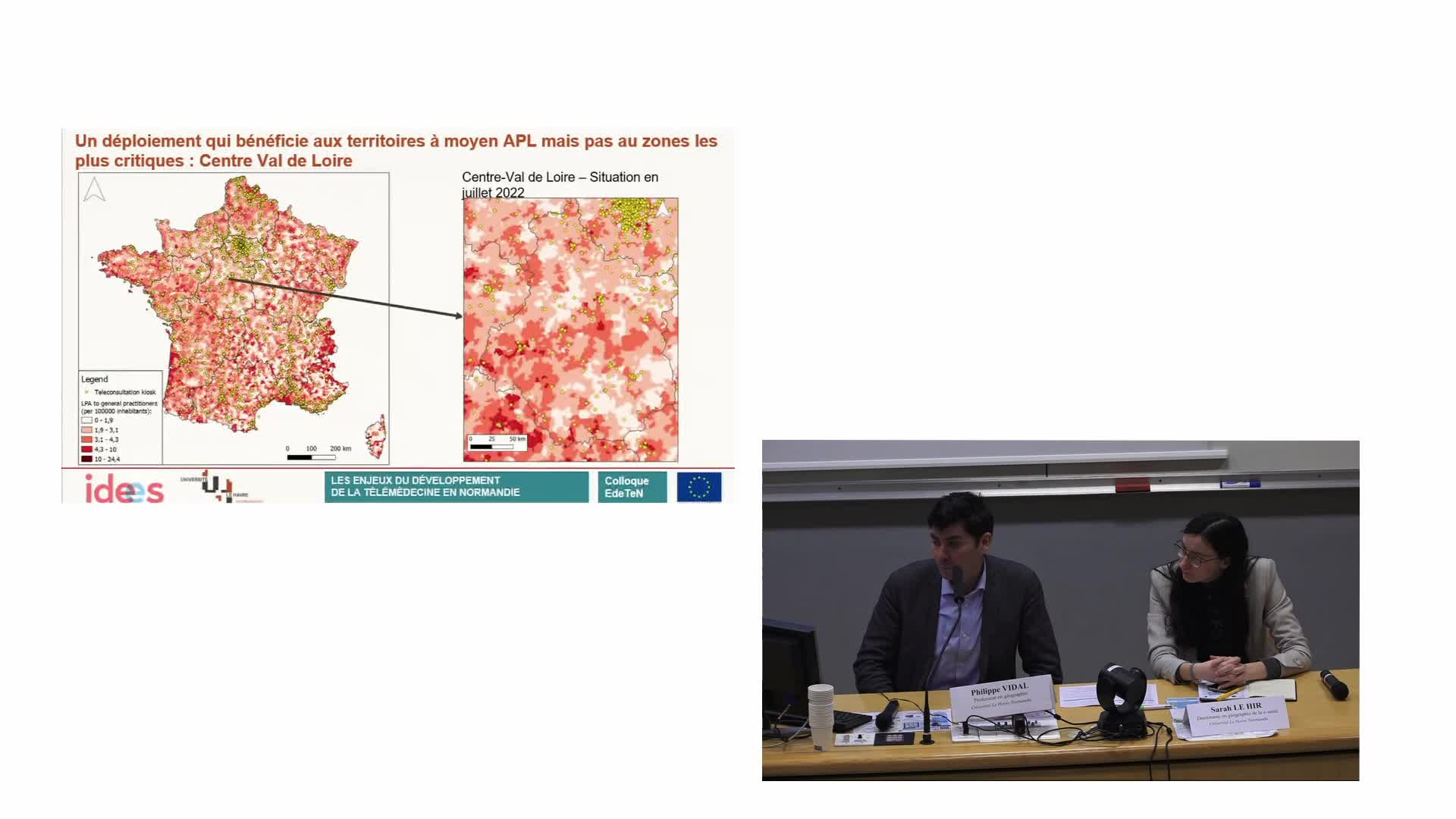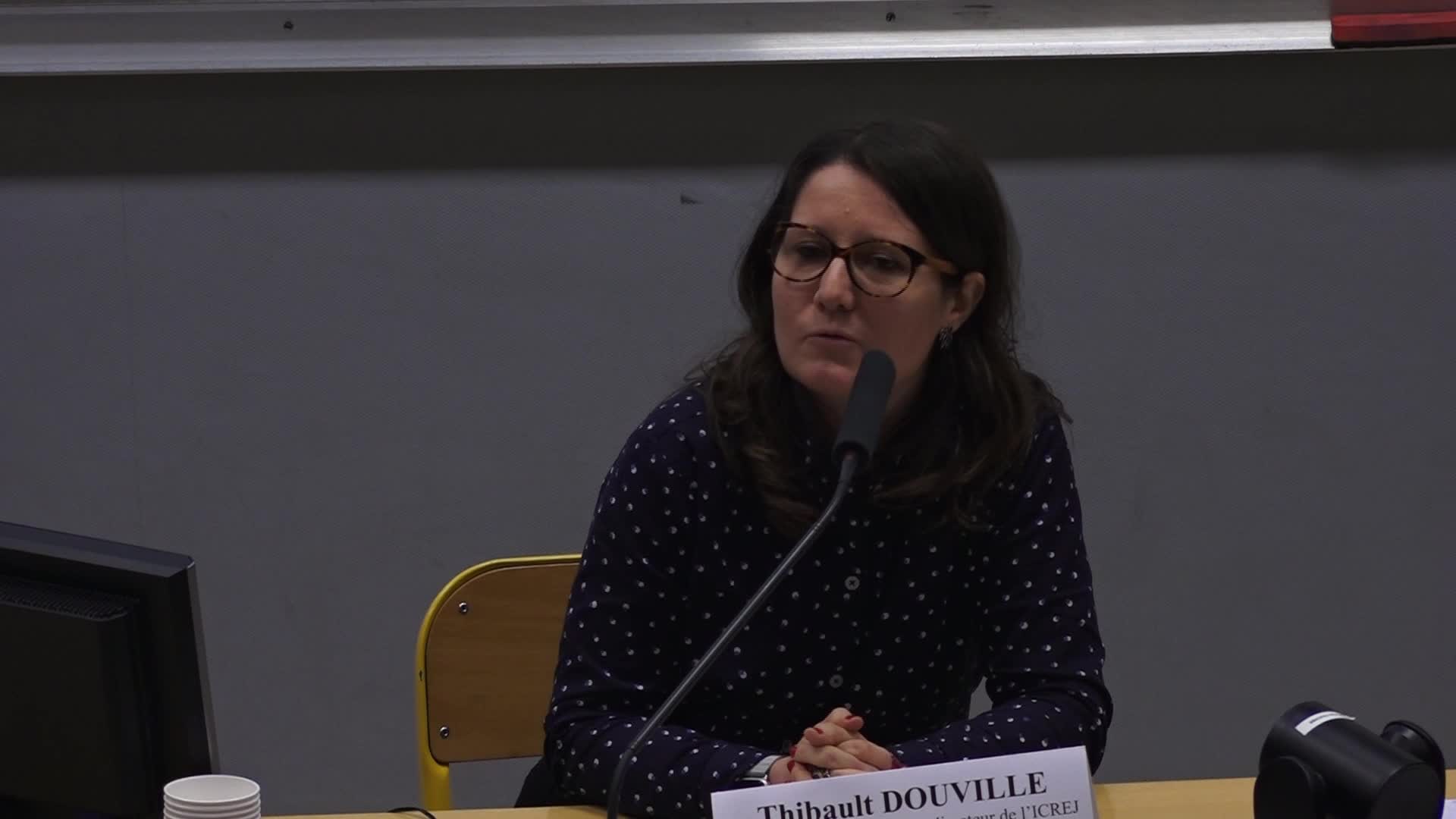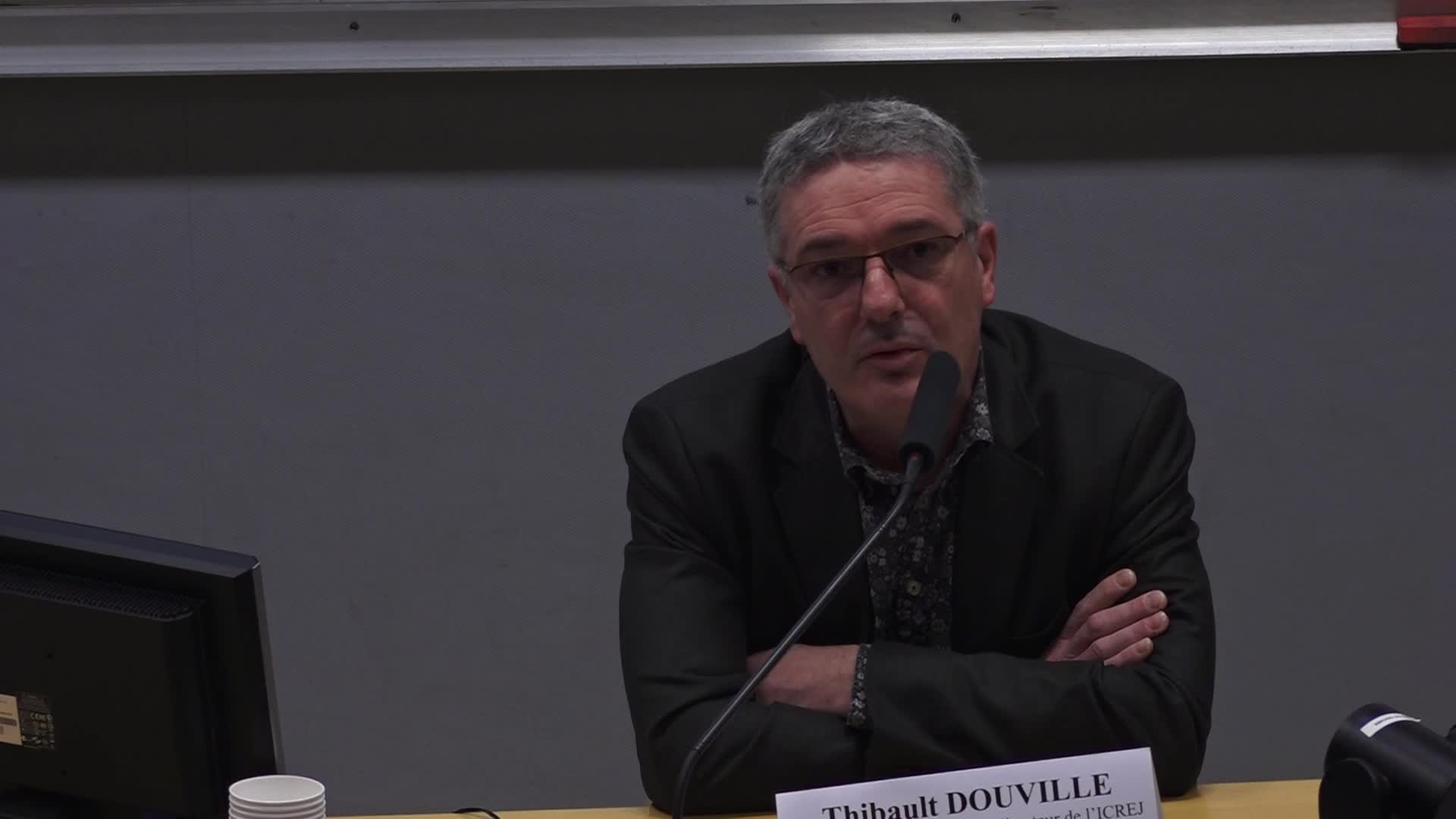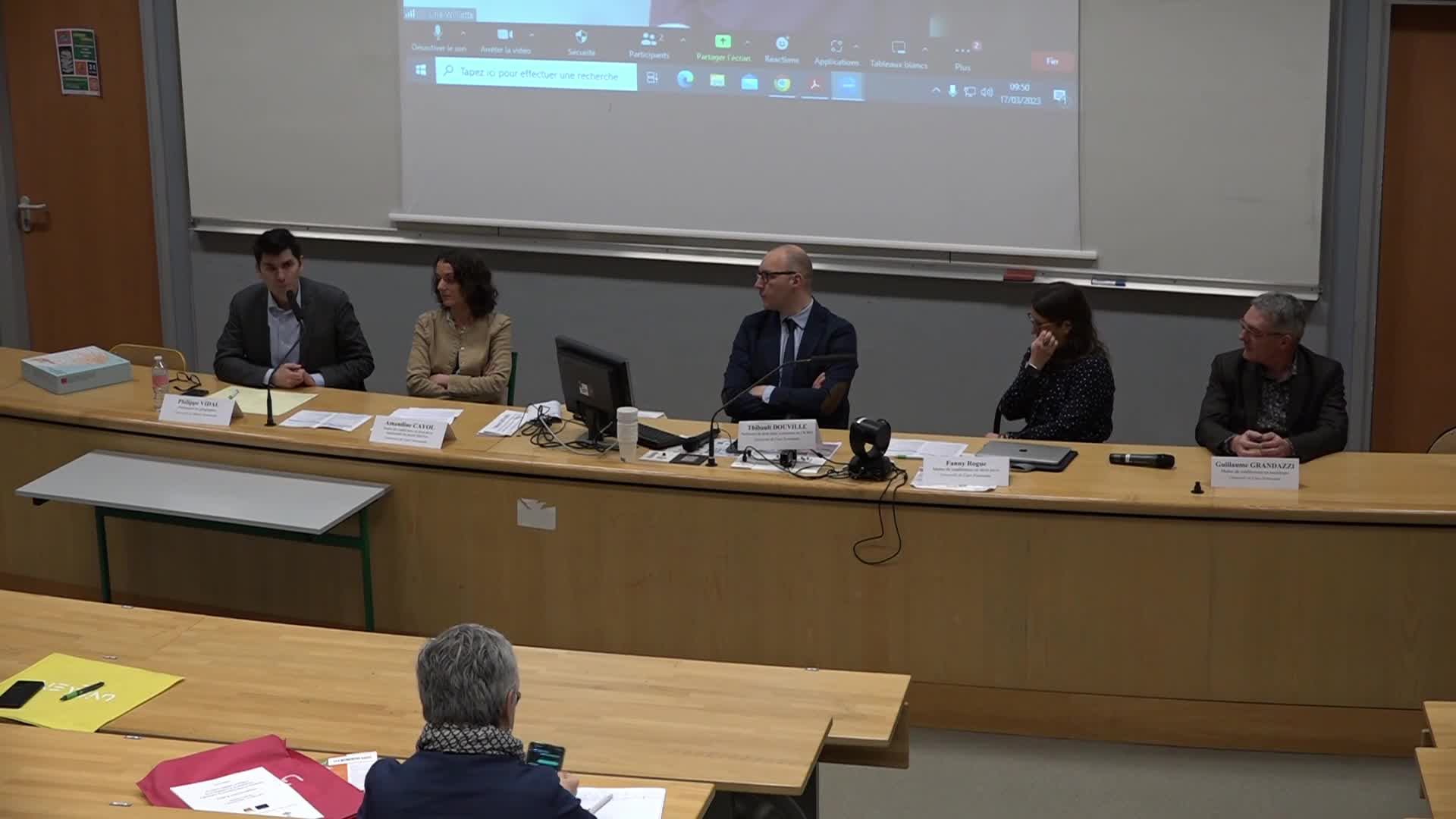Notice
Many-Minds Arguments in Legal Theory
- document 1 document 2 document 3
- niveau 1 niveau 2 niveau 3
Descriptif
La sagesse collective : principes et mécanismes
Colloque des 22-23 mai 2008, organisé par l'Institut du Monde Contemporain du Collège de France, sous la direction du Professeur Jon Elster.
Intervention de Adrian Vermeule, Harvard Law School, 23 mai 2008
Many-minds arguments are flooding into legal theory. Such arguments claim that in some way or another, many heads are better than one; the genus includes many species, such as arguments about how legal and political institutions aggregate information, evolutionary analyses of those institutions, claims about the benefits of tradition as a source of law, and analyses of the virtues and vices of deliberation.
This essay offers grounds for skepticism about many-minds arguments. I provide an intellectual zoology of such arguments and suggest that they are of low utility for legal theory. Four general and recurring problems with many-minds arguments are as follows:
(1) Whose minds?: The group or population whose minds are at issue is often equivocal or ill-defined.
(2) Many minds, worse minds: The quality of minds is not independent of their number; rather, number endogenously influences quality, often for the worse. More minds can be systematically worse than fewer because of selection effects, incentives for epistemic free-riding, and emotional and social influences.
(3) Epistemic bottlenecks: In the legal system, the epistemic benefits of many minds are often diluted or eliminated because the structure of institutions funnels decisions through an individual decisionmaker, or a small group of decisionmakers, who occupy a kind of epistemic bottleneck or chokepoint.
(4) Many minds vs. many minds: The insight that many heads can be better than one gets little purchase on the institutional comparisons that pervade legal theory, which are typically many-to-many comparisons rather than one-to-many.
Intervention / Responsable scientifique
Thème
Documentation
Liens
Sur le même thème
-
L’intersciences, ou la croisée des intelligences : comment unir la puissance de l’abstraction et la…
BerthetPhilippeIntelligence, rationalité, adaptabilité sont pour l'homme question d'échelle. À l'échelle de la toile, l'espace se rétrécit et le temps s'accélère : oubliés le lent souffle des grandes découvertes,
-
-
-
Le rôle du tiers dans la relation patient / médecin
DesquesnesGillonneBocénoLaurentLe rôle du tiers dans la relation patient / médecin par Laurent BOCENO et Gillonne DESQUESNES
-
Téléconsultation et empowerment des patients
Dionisi-PeyrusseAmélieTéléconsultation et empowerment des patients par Amélie DIONISI-PEYRUSSE
-
Le consentement libre et éclairé du patient
HirschelmannAstridLe consentement libre et éclairé du patient d'Astrid HIRSCHELMANN
-
Le consentement libre et éclairé du patient
CatherineAuroreCayolAmandineLe consentement libre et éclairé du patient par Aurore CATHERINE et Amandine CAYOL
-
Les effets de la téléconsultation sur les inégalités sociales de santé
CalheirosCéciliaLes effets de la téléconsultation sur les inégalités sociales de santé par Cécilia CALHEIROS
-
La téléconsultation territoriale en Normandie : déploiement et retours d’usage
VidalPhilippeLe HirSarahLa téléconsultation territoriale en Normandie : déploiement et retours d’usage - Philippe VIDAL et Sarah LE HIR
-
-
Présentation du lot 2 - Guillaume GRANDAZZI
GrandazziGuillaumePrésentation du lot 2 du projet par Guillaume GRANDAZZI
-



